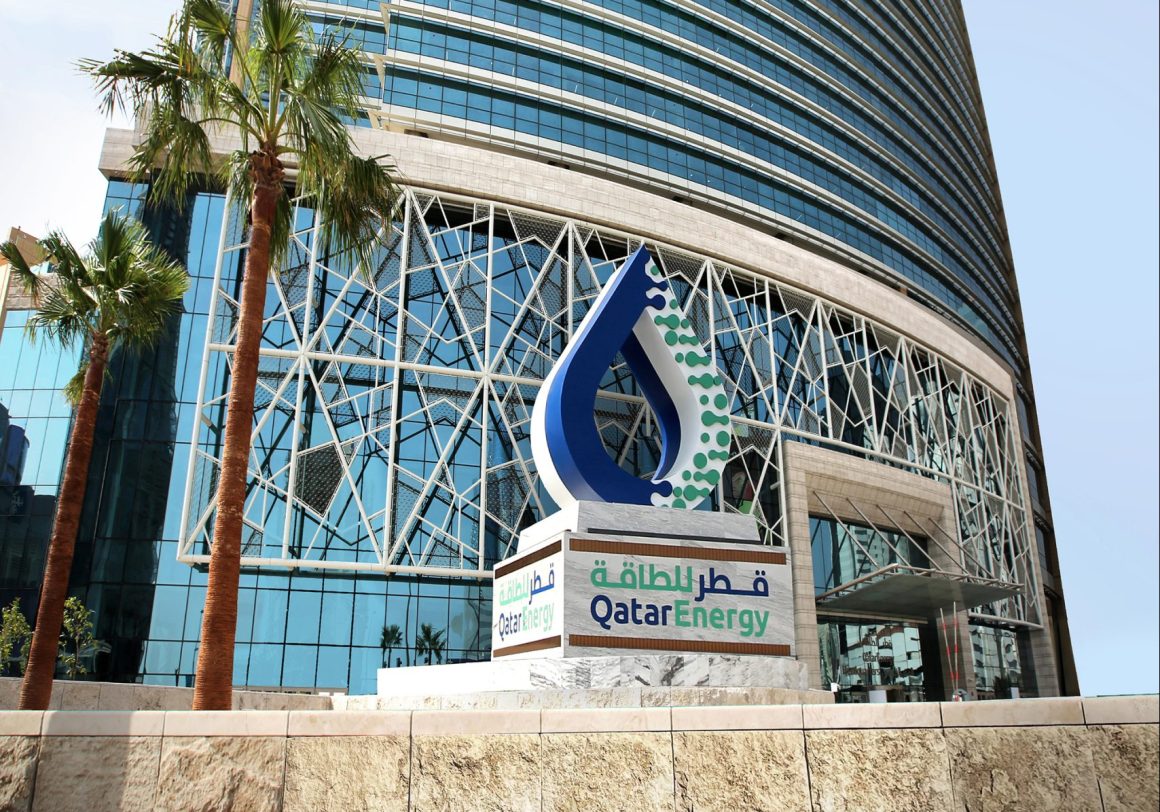QatarEnergy is said to be in talks to acquire approximately 30% of the project in Iraq, sources said.
Qatar is in negotiations to purchase a part in the $27 billion cluster of energy projects in Iraq owned by the French business TotalEnergies, according to three sources who spoke to Reuters.
QatarEnergy hopes to acquire approximately 30% of the project, reported Reuters, appearing to favour a partnership in order to lower the risk in Iraq.
As Baghdad is keen on preventing western energy corporations from leaving the country, a significant investment by a Gulf nation would be seen as a victory for Iraqi Prime Minister Mohammed Al-Sudani, who was elected in October after more than a year of political unrest, and as a step against Iranian influence.
International oil corporations have been attempting to depart Iraq as a result of the low returns from revenue sharing agreements after a rush of negotiations that followed the US invasion more than ten years ago.
Hopes for a reverse of the outflow were high when TotalEnergies and Baghdad inked a contract in 2021 to construct four enormous solar, gas, power, and water projects in southern Iraq over a 25-year period.
In recent years, Exxon Mobil, Shell, and BP have all sought to curtail their operations in Iraq. However, the initiative, designed to strengthen the nation’s economy and lessen its reliance on Iranian gas, has yet to start.
The agreement between TotalEnergies and Iraq, which calls for a $10 billion first investment, came after a trip by French President Emmanuel Macron in September 2021.
Reuters reported in February 2022 by sources close to the transaction that the terms of the agreement, which have not been made public or previously disclosed, had alarmed Iraqi lawmakers and were unprecedented for Iraq.
The agreement calls for building a large-scale seawater treatment facility to improve output from other fields using water injection, a huge solar power plant in the Basra area, and a natural gas gathering network to serve local power plants through the extension of the Ratawi field.
However, not much has changed since then. Last year, sources told Reuters that disagreements over the parameters could have led to the project’s cancellation.
Meanwhile, Sudani is set to visit Paris this week to meet with Macron, according to a representative for the Elysee. The Iraqi official is also expected to meet with CEO of TotalEnergies Patrick Pouyann in an effort to break the impasse.
Even though there hasn’t been a formal deal struck yet, there is a lot of optimism that QatarEnergy and TotalEnergies would acquire a stake in the project, according to two of the people.
In order to support Baghdad, which has experienced issues like Islamic State militants, climate change, corruption, and instability since the 2003 US-led invasion, Iraq and France jointly organised a meeting in Jordan in December.
Middle East rivals Saudi Arabia and Iran joined Qatar in attendance, though the kingdom is one of the Arab countries that has been keen on doing away with Tehran’s influence in Iraq.
The French and Qatari energy industries work closely together on significant energy projects around the world, such as in Guyana, Namibia, and South Africa, as well as Qatar’s massive liquefied natural gas (LNG) output.
Following the announcement of the deal, Pouyanne told investors that Iraq was a key focus of TotalEnergies in the Middle East and that the agreement was a “win-win” for Baghdad and his business, which will be compensated through oil sales from the Ratawi field, one of four projects covered by the agreement.
Additionally, he mentioned that TotalEnergies was searching for collaborators on the projects, of which it wished to retain a 40% to 50% share.
